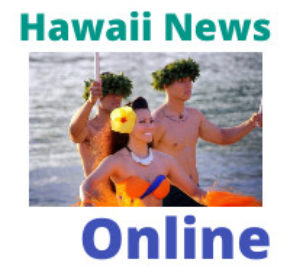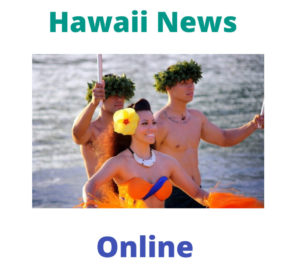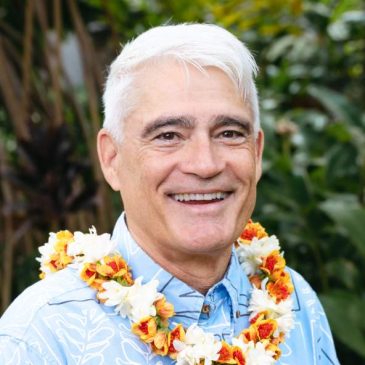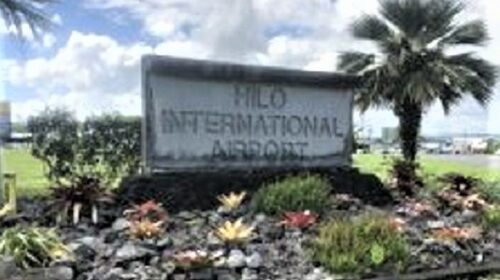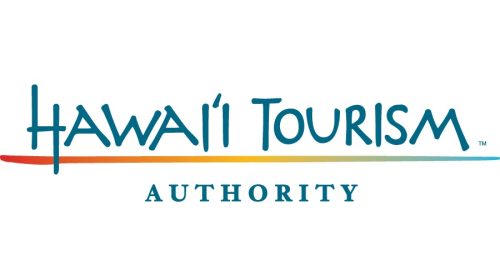Hawaii Tourism Lost in Malama: The Search for Responsible Visitors
The search is also on for the programs attracting such a new type of visitor.
There has never been so much talk in Hawaii about over-tourism, culturally sensitive visitors, and tourist education. Some local Hawaiians concerned about losing their cultural identity only want to welcome a better type of visitor.
This mostly developed when Chris Tatum, a native Hawaiian from Waikiki took over the helm of the State agency in charge of tourism promotion before COVID hit the tourism industry.
During the COVID “break” studies, hundreds of pages of brochures and an entire library of never-used Hawaiian language vocabulary were integrated into the language used to attract visitors to the State.
Native Hawaiian Interests are taking over the reality of tourism
With such a turn in direction, the Native Hawaiian Hospitality Association was awarded the multi-million dollar contract to promote tourism to the State for a short time, until the legislation gave it back to the Hawaii Visitors and Convention Bureau and other international Marketing representations.
Unknown Hawaiian words and spelling flooded the internet and print material. Using Hawaiian words the goal was to change the perception of tourism to the Aloha State. Hawaii was supposed to switch into an exotic cultural destination, that wants fewer tourists.
Many times this goal conflicted with the need to recover the sector after 2 years of COVID lockdowns, What was overlooked by the local Hawaiian leadership was that most people flooding Waikiki are not looking for culture, but parties, fun, beaches, and good food.
Tourism after all is big business, and almost anyone in the State depends on it directly or indirectly.
Hotels did never respond to this, because it was important to be in line with the State’s objectives and not go against some of the local groups that became often too persistent for tourism veterans.
The new word of Malama translates as “giving back” was included in the vocabulary of travel websites and brochures.
What was missing, was a clear concept, product, and path for tourists who actually want to be culturally sensitive and move within this new expectation.
Go Hawaii explains Malama on its tourism website:
The Hawaiian Islands itinerary that can change your life isn’t found in any guidebooks. Because what makes the Hawaiian Islands truly special is not only our stunning natural beauty or our vibrant culture – it’s the deeply rooted relationship that connects them.
That relationship between people and place grows stronger every time you mālama (give back). When you give back – to the land, the ocean, the wildlife, the forest, the fishpond, the community – you’re part of a virtuous circle that enriches everything and everyone. Including your experience as a visitor.
Several organizations offer opportunities for visitors to pay it forward, like beach clean-ups, native tree planting, and more. Engage in some of our volunteer opportunities below, and in exchange, experience Hawaiʻi on a much deeper and more connected level. Through the Mālama Hawaiʻi Program, you could qualify for a special discount or even a free night from a participating hotel when participating in its dedicated volunteer activity.
This is as far as it goes.
There is not one tour operator, hotel, or attraction that adds to the authentic local experience unless a visitor wants to clean up a dirty beach.
eTurboNews was approached by a tour operator in Germany to identify a source to book visitors. This tour operator wanted to offer its clients an authentic experience of cultural enrichment in Hawaii. eTN publisher Juergen Steinmetz, who resided in Honolulu for more than 30 years made a number of phone calls and got this response:
Jay Talwar, the Senior Vice President of Marketing, and Chief Marketing Officer for the Hawaii Visitors and Convention Center said identifying such tours, and opportunities were not the job of HVCB or him. He was unable to give examples or direction and said perhaps Pleasant Hawaiian Holiday would know.
Steinmetz also reached out to the Maui Visitors Bureau and was also told they have no idea who would offer such tourist programs. All they do to get tourists to be culturally sensitive is to conduct a lesson at trade shows they attend, or on the beach.
When reaching out to the Hawaii Tourism Authority, the State agency in charge of tourism, eTurboNews was referred to https://www.gohawaii.com/malama.
When looking at that website you go in circles, learn some new Hawaiian words, and get directed to beach clean-ups or hotel specials when paying $90.00 to plant a tree.
eTurboNews also reached out to Sun Island Hawaii, a DMC specialized in handling European visitors.
Sun Island Hawaii had no idea about cultural tours but offered Luau at the Mormon Church-run Polynesian Cultural Center, in Laie.
The Native Hawaiian Hospitality Association, a recipient of many benefits also had no solution or direction for this German tour operator to find culturally sensitive tours and travel arrangements to this Hawaiian Island State. A text response said: “We are not a tour operator but I can try my best to refer you.” No further lead or solution followed.
SOURCE: Hawaii Tourism Lost in Malama: The Search for Responsible Visitors
